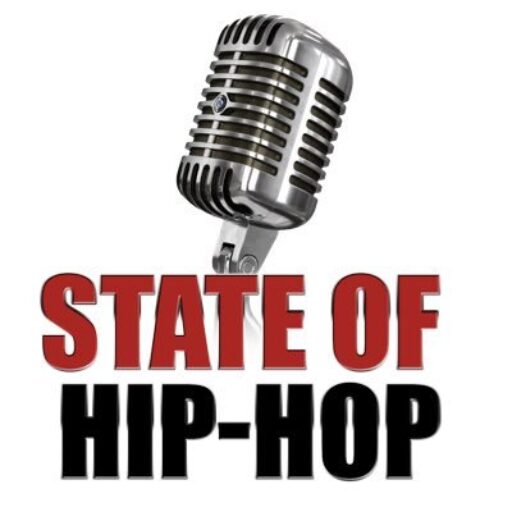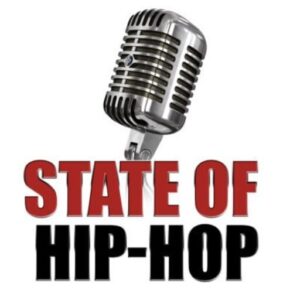As Alice Randall completes her year-long tour for her memoir and album My Black Country, the award-winning songwriter stopped to visit Fisk University in Nashville, Tennessee, to discuss how country music is deeply rooted in the HBCU’s Black women’s history.
On the evening of March 31, the Fisk honorary doctorate recipient, her daughter, Caroline Randall Williams, university students, and Fisk President Dr. Agenia Clark gathered in the Appleton Room of the HBCU’s iconic Jubilee Hall for the student-led discussion on “The Intersection of Country Music and Fisk University.” According to The Tennessean, Jubilee Hall, which originally served as a dormitory, was designed in the 1870s following the Jubilee Singers’ European tour in 1871, which gained the chorus of seven female and four male students major proceeds for the university. Nashville, recognized as the country music capital, is also known for its legacy as the “Music City.” After Queen Victoria of Britain witnessed the ensemble’s talent, she reasoned that the singers must have been from a “music city.” A video on the ensemble noted that the group relied on the “love, dignity, and passion the songs brought their enslaved ancestors,” and the tour was well-received by white patrons.
However, the connection to the hall continued as Randall emphasized Black women’s contribution in shaping country music culture and history. She highlighted the contributions of American composer and bandleader, Lil Hardin Armstrong, a former undergraduate student at Fisk University who lived in Jubilee Hall. The late jazz pianist made history in 1930 after she accompanied her then-husband, Louis Armstrong, on “Blue Yodel #9” (“Standin’ on the Corner”) and became the first Black woman on a record to sell a million copies. Randall told students, “Because Lil was the pianist on ‘Blue Yodel,’ her work — more than Jimmy Rodgers or Louis Armstrong’s — was heard on every bar of that song.” Lil Hardin also collaborated with Country Music Hall of Fame artist Ray Charles.
Randall took students back centuries and discussed how the descendants of settlers of color who founded Nashville with James Robertson and Colonel John Donelson attended Fisk University. She delved into how commercially industrialized country music evolved from the religious and folk ballads that Black African enslaved women in Virginia’s colonies sang. “Country music’s mainstream industry has historically been based on battling the inclusion versus exclusion of its influences…its Black history,” Randall said. “All Americans benefit from recognizing true American genius.”
The conversation also covered the contributions of female quartet Rhiannon Giddens, Amythyst Kiah, Leyla McCalla, and Allison Russell, who debuted the “Songs of Our Native Daughters” folk album; country artists Miko Marks and Rissi Palmer; Grand Ole Opry-performing artist Linda Martell; and jazz and gospel performers Billie Holliday and Mahalia Jackson. Monday’s event featured a performance by O.N.E. The Duo. The mother-daughter country duo performed their single “Hoedown,” a project that reflects similar melodies to Beyoncé’s “TEXAS HOLD ‘EM.”
Randall’s memoir, My Black Country, celebrates “the most American of music genres and the radical joy in realizing the power of Black influence on American culture,” according to her website. The book and album, which were released in 2024, are available for purchase online.
RELATED CONTENT: Organic Soul Food Cooking with Alice and Caroline Randall


